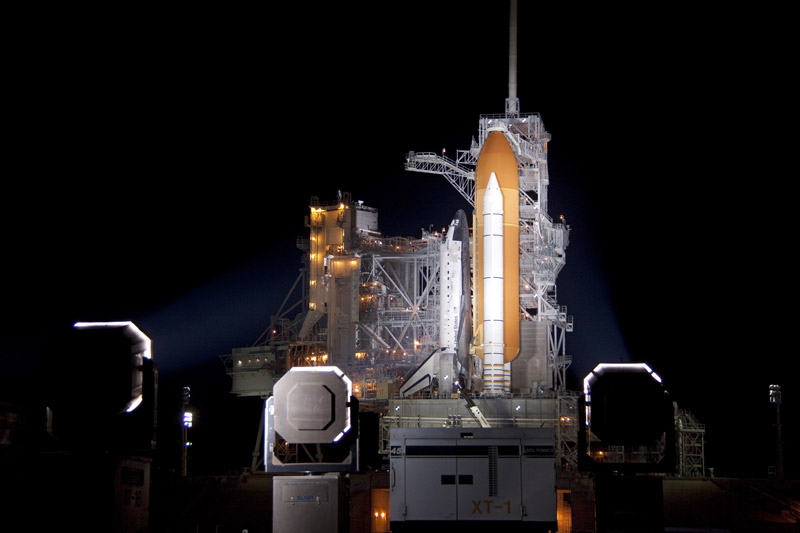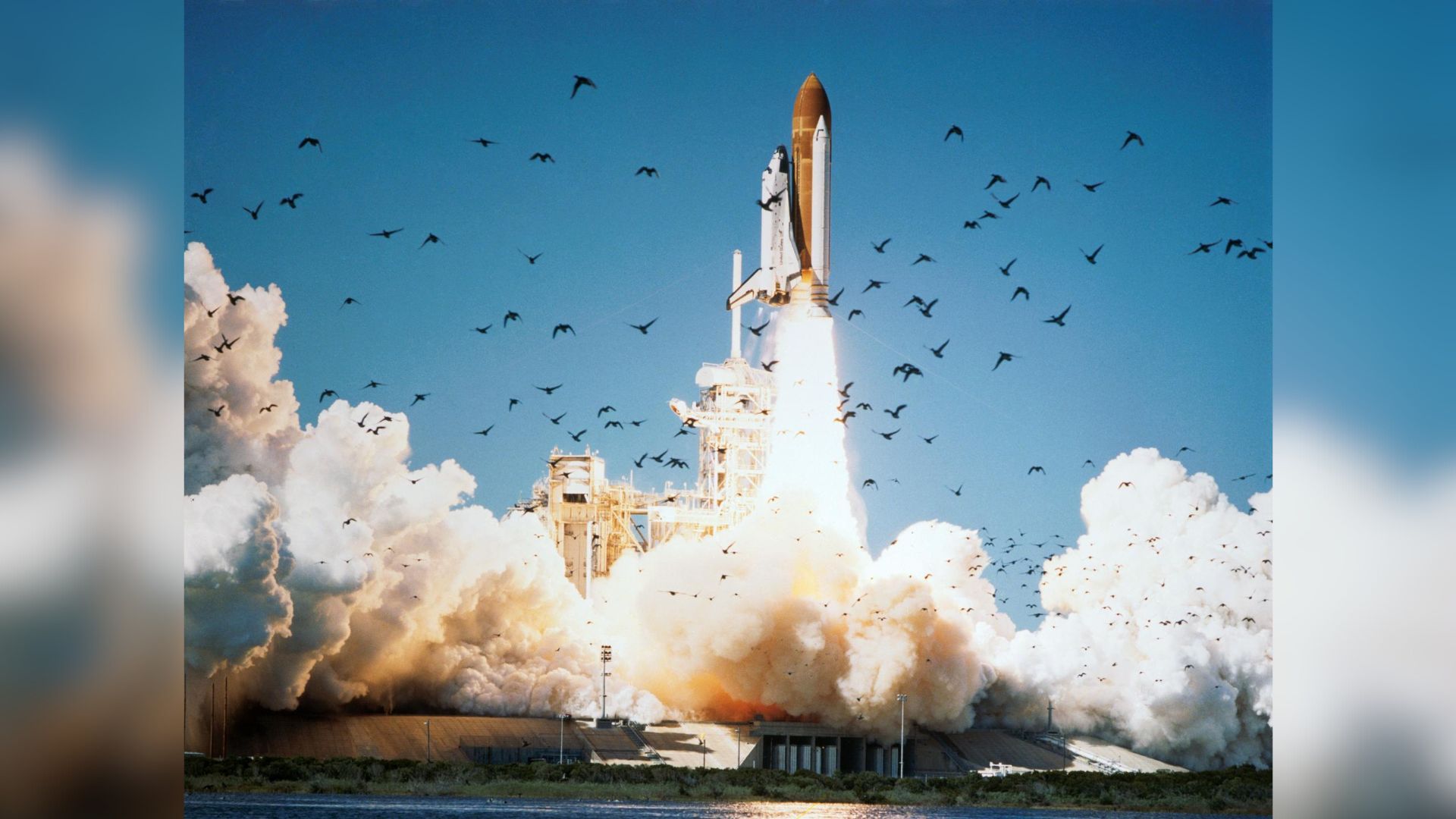NASA: Discovery's Launch Delay Shouldn't Impact Shuttle Fleet Retirement Schedule

CAPE CANAVERAL, Fla. ? The delay of space shuttleDiscovery's launch to the end of the month should not impact the overallschedule for the final missions of NASA's three-orbiter fleet, agency officialssaid.
A gas leak and a crack on the space shuttle Discovery's externaltank forced NASA officials to call off their planned launch today (Nov. 5). Theearliest Discovery could now lift off is Nov. 30, NASA announced..
If the space shuttle ?can make the next window that beginsNov. 30, then the following planned mission of the space shuttle Endeavour shouldbe able to launch on time in February, officials said.
The space shuttle is limitedin when it can launch by "windows" that open up when conditionsare optimum to reach the International Space Station. For Discovery, thecurrent window closes Nov. 8 because of unfavorable sun angles at the stationthat could cause some parts of the shuttle to overheat while it's docked at theorbital outpost.
The next earliest favorable date to launch is Nov. 30, thoughspace agency officials have not yet decided if Discovery will attempt to blastoff that day. [GRAPHIC:NASA's Space Shuttle ? From Top to Bottom]
If the repair work to Discovery's external tank takes longerthan roughly three-and-a-half weeks from now, it's possible that the orbiter's STS-133mission could be pushed into the February 2011 timeslot that is currentlyearmarked for the shuttle Endeavour's final spaceflight.
If that happens, Endeavour's STS-134 flight could be bumpedto sometime in April. NASA has also tentatively scheduled a final flight forthe space shuttle Atlantis in June 2011. This third, extrashuttle mission (STS-135) has been approved by Congress and President Obamabut still faces review by congressional appropriators later this year.
Breaking space news, the latest updates on rocket launches, skywatching events and more!
"There are other windows between February and the Junespot where we put STS-135," Mike Moses, NASA's shuttle integrationmanager, said in a news briefing today. "We'd probably put STS-133 inFebruary and 134 would move to April. But that will all come out in the comingdays as we work options."
But there could be other side effects that come out of Discovery'slatest launch delay. For one, three crewmembers currently aboard theInternational Space Station are scheduled to return to Earth at the end of themonth.
This could mean that when Discoveryblasts off to the space station, it will have three rather than six residents.One of the main challenges with this smaller crew is in the amount of sciencethat can be achieved on the station. It would, however, also affect theunloading of cargo delivered by the shuttle, and the number of people availableto assist with Discovery's mission objectives.
"It changes the mission a little bit because there areless bodies to help out," Moses said.
Still, the ability to adapt to changes and unexpectedproblems is all part of a space shuttle launch, Moses said, and the teams thathelp make these events possible are well-adapted to facing challenges.
"Obviously these things happen," he explained."It's the way the space business works. The team is very good at rollingwith the punches."
- GRAPHIC: NASA's Space Shuttle ? From Top to Bottom
- Gallery: Building Space Shuttle Discovery
- Video ? Space Shuttle Discovery: A Retrospective, Part 2, Part 3

Denise Chow is a former Space.com staff writer who then worked as assistant managing editor at Live Science before moving to NBC News as a science reporter, where she focuses on general science and climate change. She spent two years with Space.com, writing about rocket launches and covering NASA's final three space shuttle missions, before joining the Live Science team in 2013. A Canadian transplant, Denise has a bachelor's degree from the University of Toronto, and a master's degree in journalism from New York University. At NBC News, Denise covers general science and climate change.
